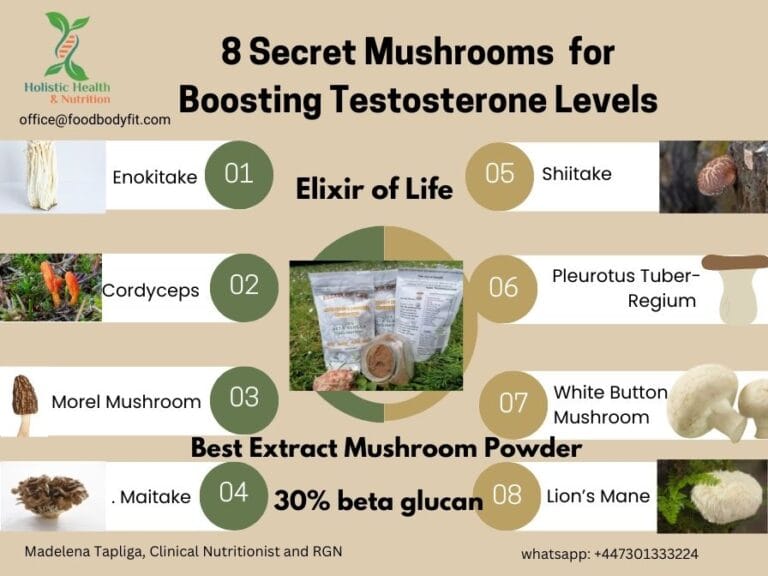This article provides advice on goal setting to people who are trying to make changes to their diet and lifestyle.
What is goal setting?

Goal settings is a process of identifying a goal you would like to achieve and then devising a plan about how this will be accomplished. A useful way to formulate a goal is using the SMART method as outlined below. Following the SMART method of goal setting can help keep you motivated and achieve your long-term goals. SMART stands for: S Specific M Measurable A Achievable R Realistic T Time-specific The following five points show how to follow the SMART method of goal setting. For behaviour change to be long lasting, a simple goal-setting technique called SMART can help. When setting goals, like losing weight, try to be SMART about it. Losing weight
1. Specific
WHAT are you going to do? WHY is this important to do at this time? HOW are you going to do it? Ensure the goals you set are very specific, clear, and easy. For example, instead of setting a general goal to eat more healthy snacks, set a specific goal to eat two satsumas as your mid-morning break instead of two biscuits.
2. Measurable
If you can’t measure it, you can’t manage it. Choose a goal with measurable progress, so you can see the change occur. The following example shows the specific target to be measured: ‘I will eat a piece of fruit with my lunch instead of a packet of crisps, three times a week.’
3. Achievable
If you set goals that are too far out of your reach, you will probably not commit to following these. A goal needs to stretch you slightly so you feel you can do it, and it will need a real commitment from you. For example, instead of trying to eat three vegetable portions per day when you normally manage one, set a goal to increase to two portions per day. 2 of 3
4. Realistic
The goal needs to be realistic for you and where you are at the moment. A goal of never again eating sweets, cakes, crisps and chocolate may not be realistic for someone who really enjoys these foods. It may be more realistic to set a goal of eating a piece of fruit each day instead of one sweet item.
5. Time-specific
Set a timeframe by putting an end point on your goal. This gives you a clear target to work towards. For example: ‘I will increase my intake of fruit by one portion by next week.’ Use the following space to set three SMART goals for weight loss. These can be either food or exercise-based goals, or both. 1. 2. 3.
Goal setting tips
• Write your goals down. You can also stick these goals on the fridge or add to your mobile phone to aid as a reminder. • Share the goals you have set with your friends and family. This can be a good way to get extra support when making dietary and other lifestyle changes. • Try to check in with your goals weekly to monitor your progress. • Allow for flexibility if things don’t go according to plan and remember goals can be revised if you find they aren’t realistic. • Make sure you give yourself enough time to plan your new goals to make sure they will fit into your routine and lifestyle. • Don’t set yourself too many goals at once! Be realistic and start with two or three goals at a time and build upon these once your goals have been accomplished.
If you have any further questions or concerns about your poor healing of surgical wound or any other types of wound , please call or send an email to: .Madelena Tapliga ( nutrition and weight management, lymphatic massage therapist) ; 07947887043 ; office@foodbodyfit.com




[…] Weight management: Due to their fiber content, they help in curbing appetite and supporting gut health. […]
[…] Understand that liposuction is for reshaping, not weight loss. […]